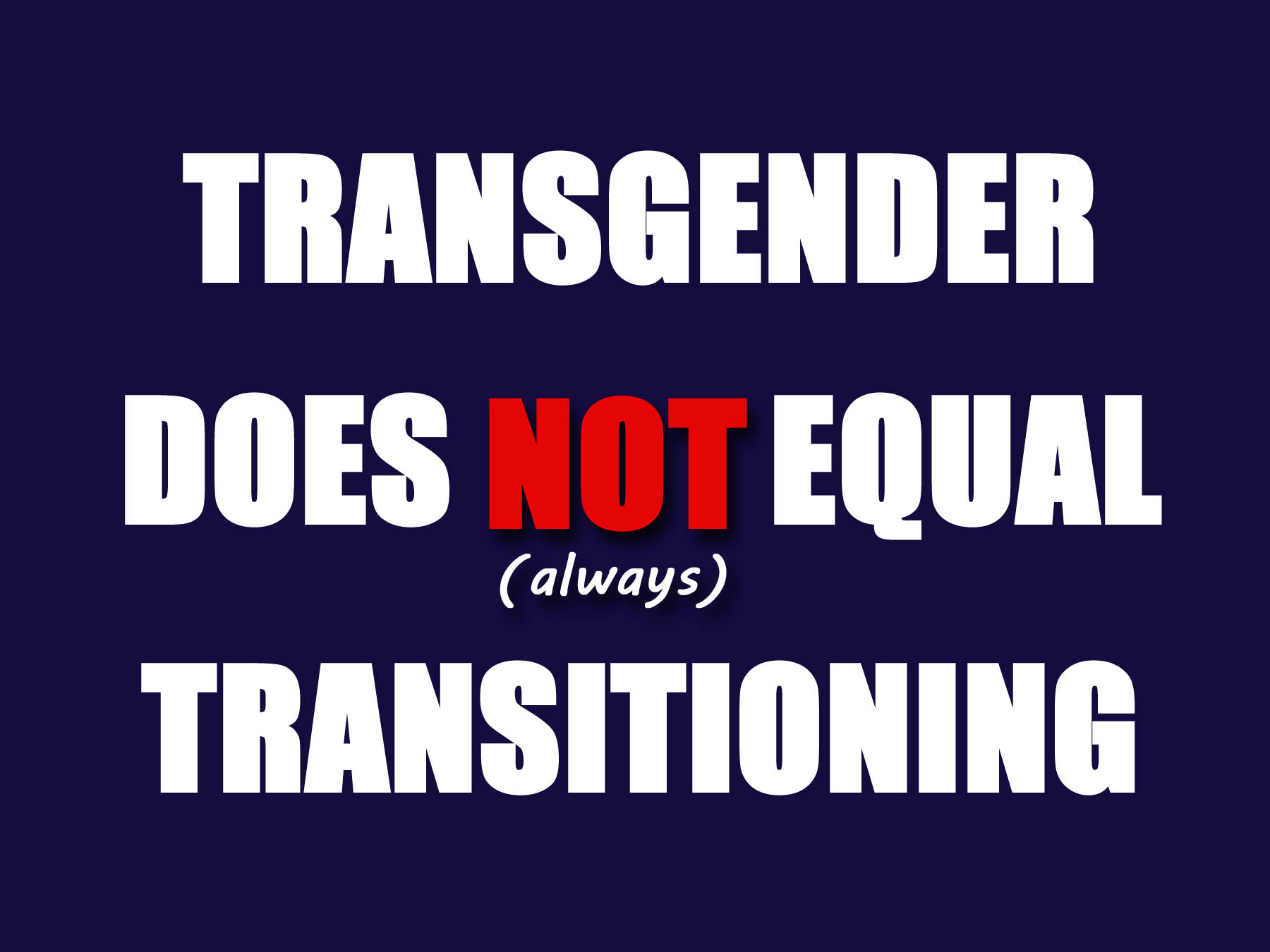About a month ago, I wrote a write on my tumblr account in response to numerous inquiries from people right after I disclosed that I was gradually accepting a shift in my gender identity (i.e. feeling way more masculine than I do feminine) about when I would be transitioning. Na…
-
-
Afrofeminism - Blog - Community Organizing - Gender and LGBT Issues - QWOC+ Boston - Race, Culture, Ethnicity
Queer Women of Color Still Face Racism During Pride, Among Other Things
Activism, for so many of queer women of color, is a constant negotiation of which ism to address. We don’t have the luxury of snubbing everyone that offends us, or we would have no where to go. We can't -- and shouldn't have to -- fight everyone. As a direct…
-
To Hell With Mainstream Press Coverage: Women, People of Color, and Trans People Should Create and Control Their Own Media Stories
As leaders of social change, we aren't in a position to suffer "bad" press -- which in our field, often means mis-informed, mis-quoted, downplayed, and at times, downright inaccurate press coverage on the social justice issues we care about. Our causes -- "brands" for the sake of argument -- aren't…
-
New Narratives, New Voices: Why I Hate the Word Diversity
But in my fight for "diversity", I've often found myself pigeon-holed into choosing on one fight -- the "people of color" fight -- over others (sexism, immigration etc), and losing critical ground on those other fronts as a result.

